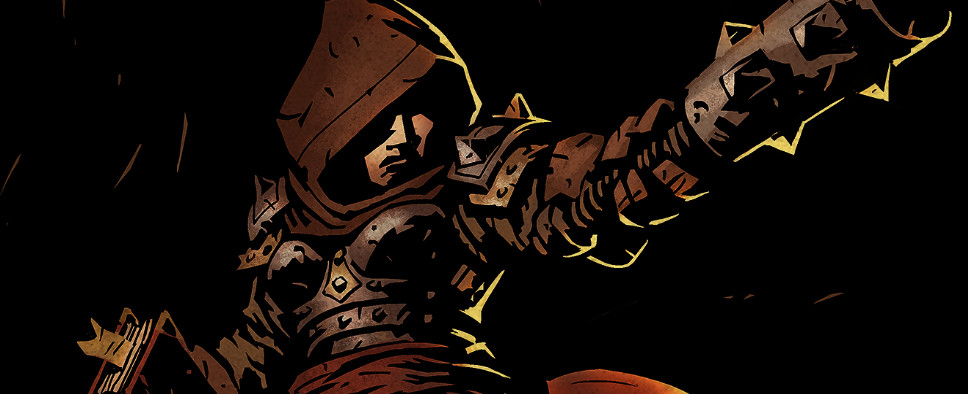Learning To Love Failure in XCOM 2 & Darkest Dungeon
-
Category: News ArchiveHits: 2606

In a piece over at Rock, Paper, Shotgun, Steven Messner analyzes how XCOM 2 and Darkest Dungeon, two titles that on the surface seem to approach challenge and choices in a very similar manner, actually have very different underlying philosophies and elicit different reactions from their players. It's a perfectly cogent and insightful piece, and, to be perfectly honest, this is the first time I've seen anyone make this point. Here's a snippet:
On the surface, XCOM 2 and Darkest Dungeon are incredibly similar games. Both feature turned-based combat with a big emphasis on positioning, both frequently force decisions to be made that can permanently kill your soldiers, and both have base-building systems that punctuate their combat. So why was it that I felt like such a badass in Darkest Dungeon while XCOM 2 turned me into a quivering puddle of anxiety?
The easiest distinction to make is that Darkest Dungeon is much less shy about what it expects of you. Every time I booted up the game, the same message always appears to somberly remind me that failure is to be expected. (Heroes will die), the screen reads. (And they will stay dead.)
That message is much more than an intimidation tactic; it defined my expectations from the very first step I took. I knew from the outset that losing a valued soldier is unavoidable, something to be treated much like a restaurant manager would handle a broken plate. But XCOM 2 makes no such claims. Though the dire struggle to win back Earth sets a similar tone, XCOM 2 is a game that never seems to give that kind of clarity. It places you in command and then corners you by introducing uncertainty and indecision.
...
But the bigger difference is that, in Darkest Dungeon, it is impossible to lose. There's no true failure state, and, at worst, all you can suffer is a major setback. Even if you manage your estate and heroes terribly, at best you will just tread water before quitting the game or learning how to play better. There's a sense of safety behind this and the fact that, as imposing as the denizens of each dungeon may be, they'll never crawl from their desecrated homes to wage war on yours.

